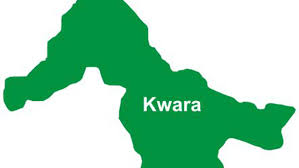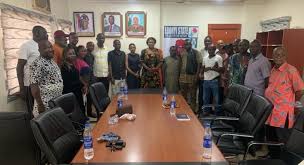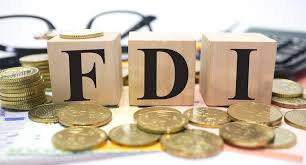In this report, TOPE SUNDAY chronicles some of the events that occurred in the power sector in 2022.
The country’s power sector recorded some giant strides in 2022, and despite the positive record, there were also seven national grid collapses.
Seven grid collapses
Nigeria’s power sector recorded seven national grid collapses in 2022, and the last, which occurred on September 27, 2022, left some businesses and homes in total blackout. Also, on July 20, the national power grid collapsed making it the sixth time in 2022.
Recall that another collapse occurred on June 13, and it also collapsed twice in March and April respectively.
Announcing the July’s collapse, the Eko DisCos on its official Facebook page, said the development occurred at 11.27 am, and disclosed that it was in talks with the Transmission Company of Nigeria (TCN) to ascertain its causes.
“Dear Customers, we regret to inform you of a system collapse on the National grid at precisely 11:27am today, Wednesday, July 20th. We are in talks with the Transmission Company of Nigeria to ascertain the cause of the collapse and a possible restoration timeline. We will keep you updated on the situation”, the statement said.
Vandals destroys 6 transmission towers, kill one in Rivers
In September, vandals destroyed six electricity transmission towers connecting Afam to Onne in Rivers State, leaving one of the vigilantes guarding the lines dead.
The Niger Delta Power Holding Company, NDPHC, Limited, which made the announcement said some miscreants attacked and vandalized the 330kV DC Afam – Onne Transmission Line in Gbake community of Ogoniland, River State.
According to the company, the vandals cut down four Transmission Towers (T19, T20, T21 and T22), dismantled and carted them away.
Again, on October 10, 2022, the vandals attacked and vandalised two additional towers on the same 330kV DC Afam – Onne Transmission Line. During a third attempt luck, however, ran out on them as efforts of vigilante members, buoyed by security operatives paid off, resulting in the arrest of nine of the miscreants. They have since been charged to court to face the full wrath of the law.
FG, states agreement on power plants’ sale
On the positive side, in December, the Federal Government and the 36 state governors finally agreed to sell five power plants under the National Integrated Power Projects and use the proceeds to fund the 2023 budget.
Parties in the deal reached the agreement after over two years of disputes and legal tussle as regards the sale of the NIPP plants being managed by the Niger Delta Power Holding Company.
The NDPHC, owned by the federal, state, and local government councils, is a power generation and distribution company that oversees the implementation of the NIPPs.
FG signs deal with eight solar companies
The federal government also in the year under review signed a €9.3 million (about N4.39 billion) agreement with eight local firms to deliver 23 mini-grid solar power projects across 11 states.
The projects are expected to generate a 5.4-kilowatt peak electricity to connect about 27,600 households, and impact over 138,000 Nigerians in two years. The project is coordinated by the Rural Electrification Agency (REA) with support from the European Union (EU) and the German government through the Nigerian Energy Support Programme (NESP).
Speaking at the signing of the Interconnected Mini-grid Acceleration Scheme (IMAS) award grant agreement at the REA office in Abuja yesterday, the Minister of State, Power, Goddy Jedy-Agba, commended the management of REA for their effort and actions towards ensuring power reached the off-grid communities.
REA launches Africa Mini Grid Programme
Also in 2022, the Rural Electrification Agency (REA) launched the Africa Mini grid Programme (AMP), a four-year project funded by the Global Environment Facility (GEF) and supported by the United Nations Development Programme (UNDP) in Nigeria, aimed at unlocking clean access across Nigeria.
AMP, a four-year project funded by the Global Environment Facility (GEF) and supported by the United Nations Development Programme (UNDP) launched in Nigeria aims to support access to clean energy by increasing the financial viability, and promoting scaled-up commercial investment in renewable energy mini-grids, with a focus on cost-reduction levers and innovative business models.




